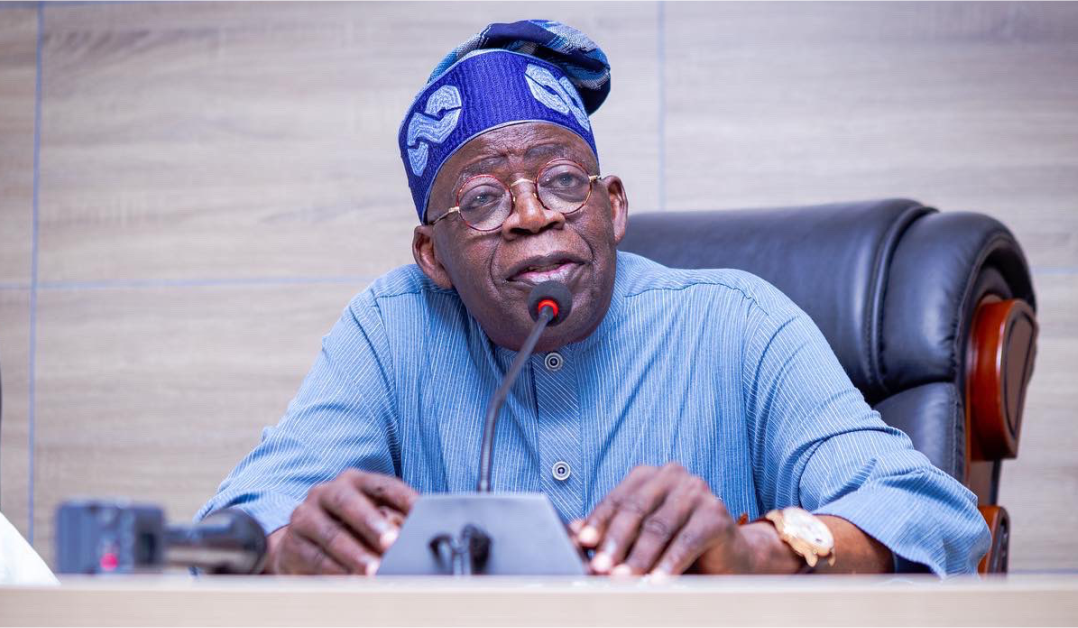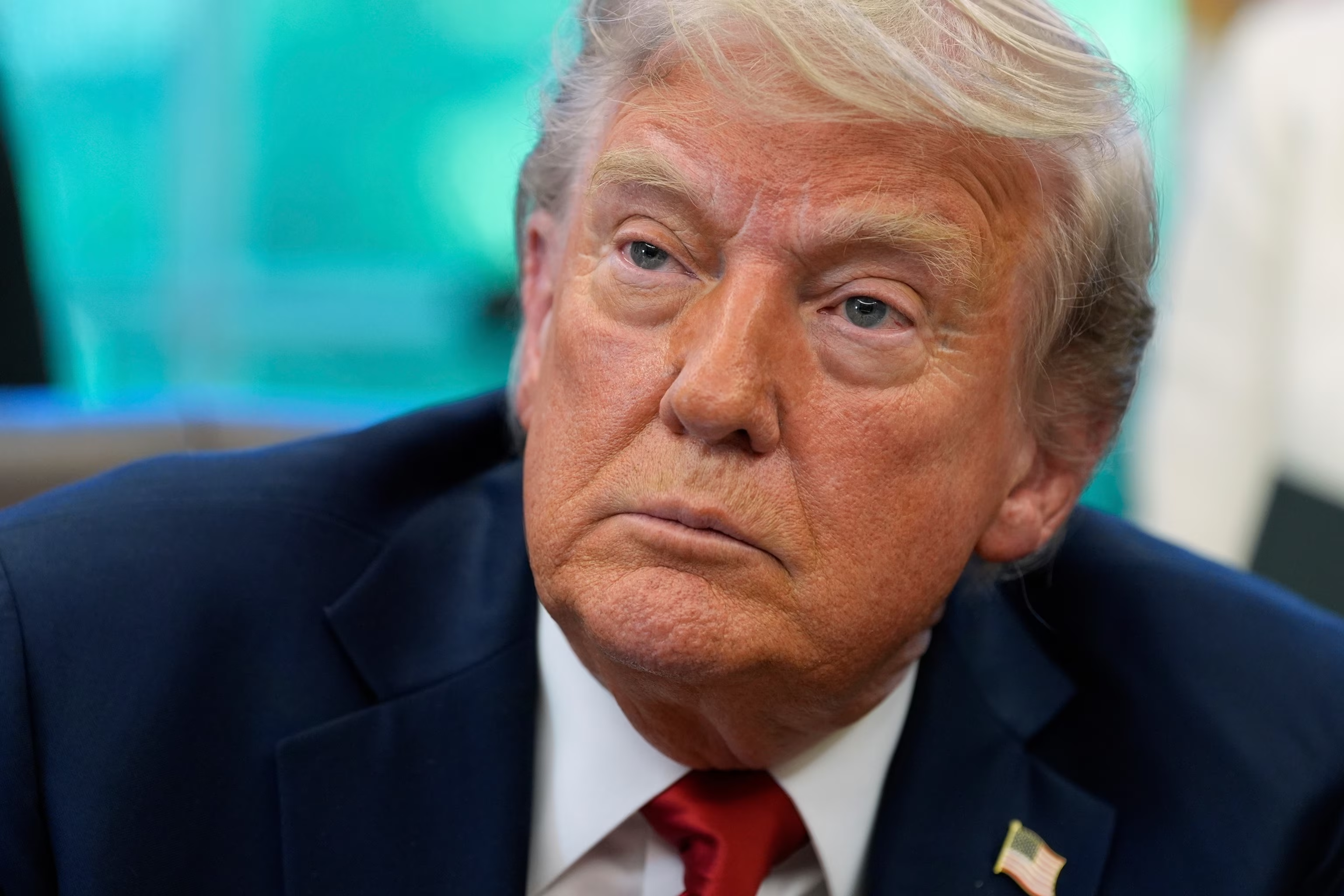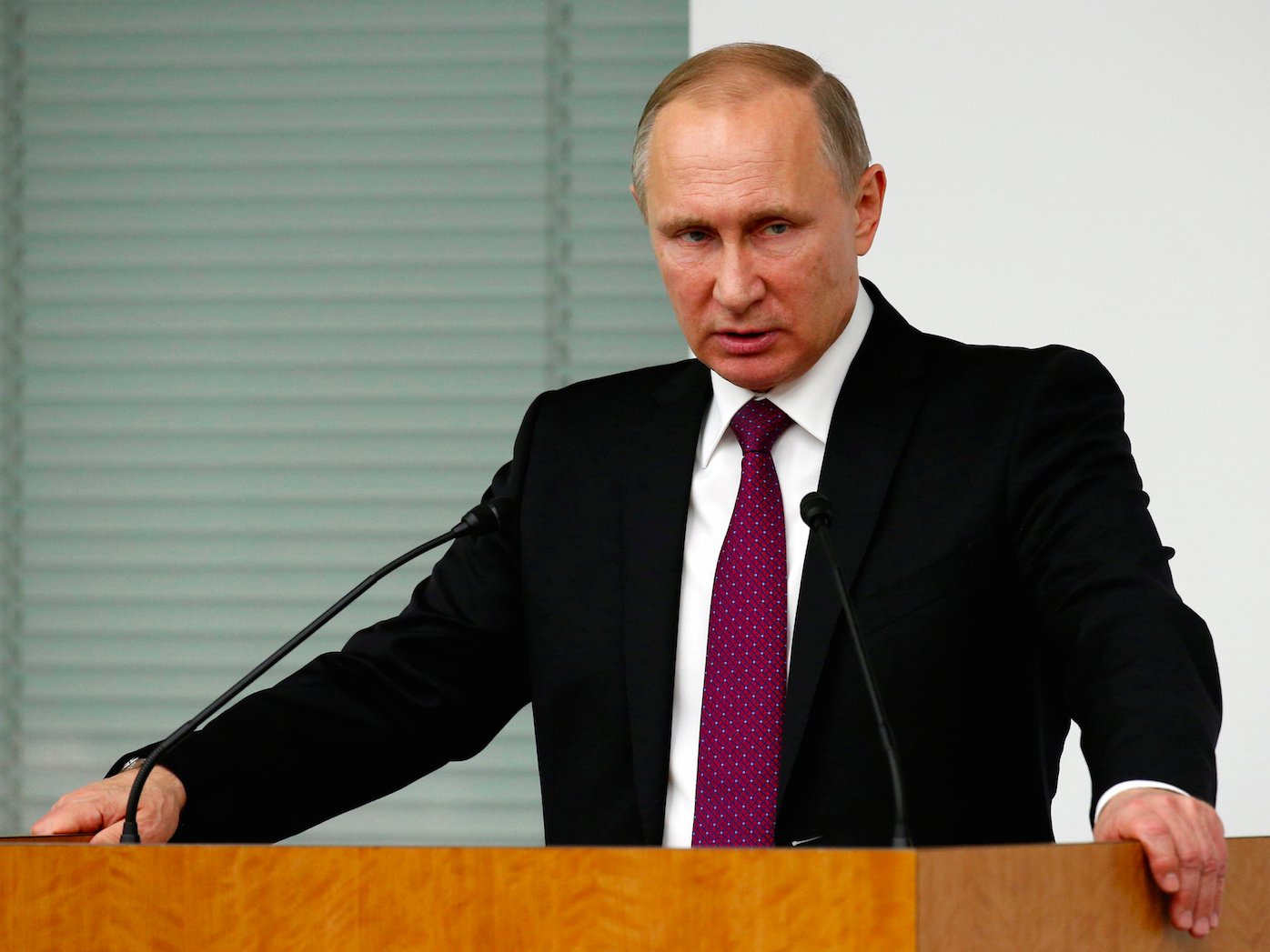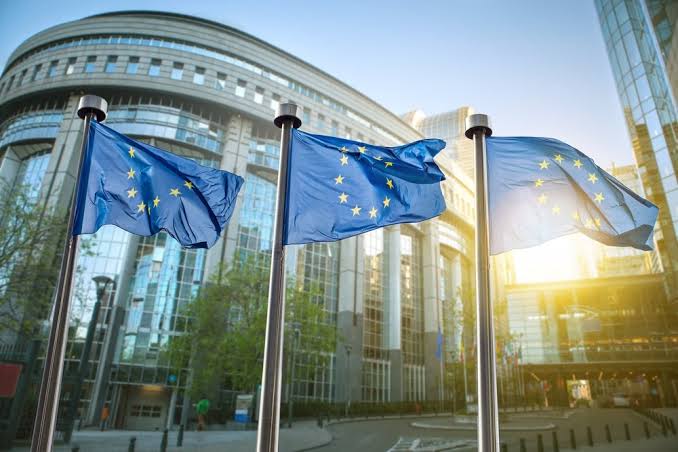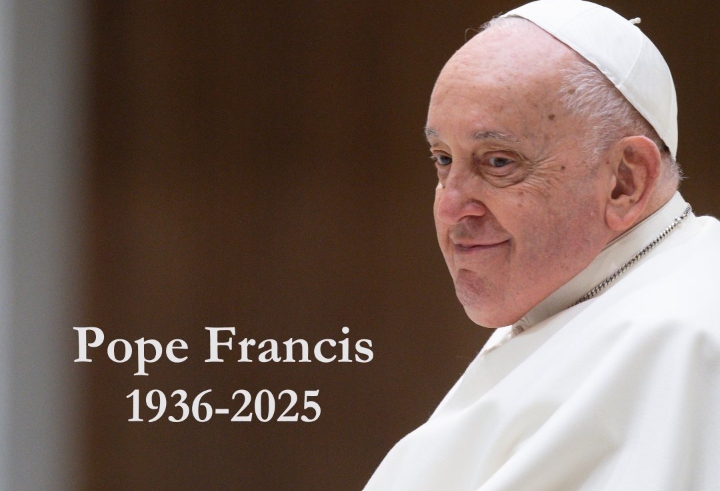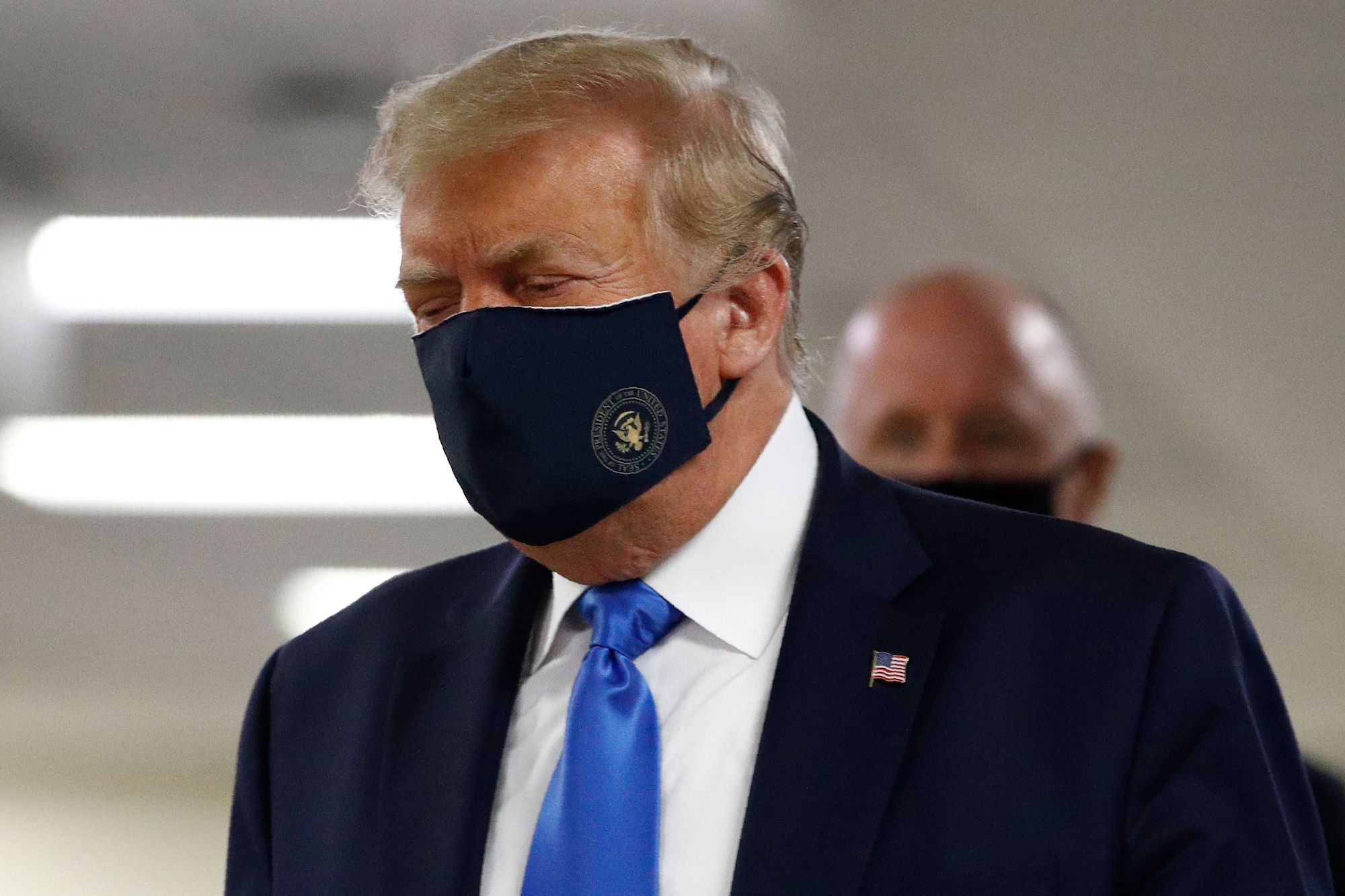President Bola Tinubu has embarked on a 10-day working vacation in Europe, splitting his time between France and the United Kingdom.
This annual leave, part of his 2025 schedule, is expected to provide a brief respite from the demands of leading Nigeria.
The vacation will last for 10 working days, starting from September 4, 2025.
President Tinubu will visit France and the UK, where he may engage in diplomatic meetings and other official activities, given the trip’s designation as a “working vacation”.
After concluding his vacation, the President is expected to return to Nigeria, resuming his duties.
This vacation comes on the heels of Tinubu’s recent foreign trips, including visits to the United Arab Emirates and Brazil, where he participated in a global South-South cooperation summit.
During his absence, governance in Nigeria is expected to continue uninterrupted, with Vice President Kashim Shettima potentially overseeing key duties in an acting capacity.
A statement by presidential spokesperson, Bayo Onanuga, announced the development.
